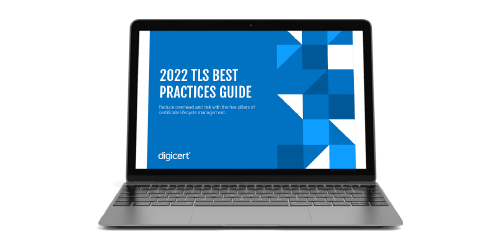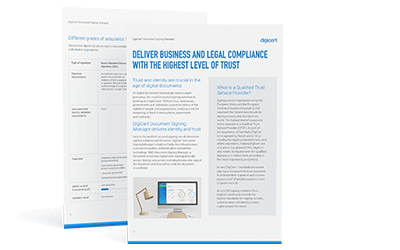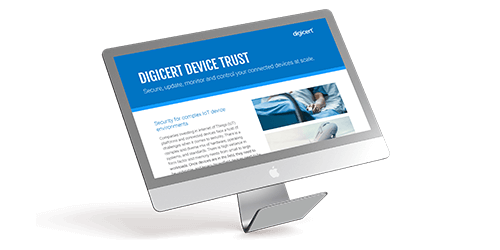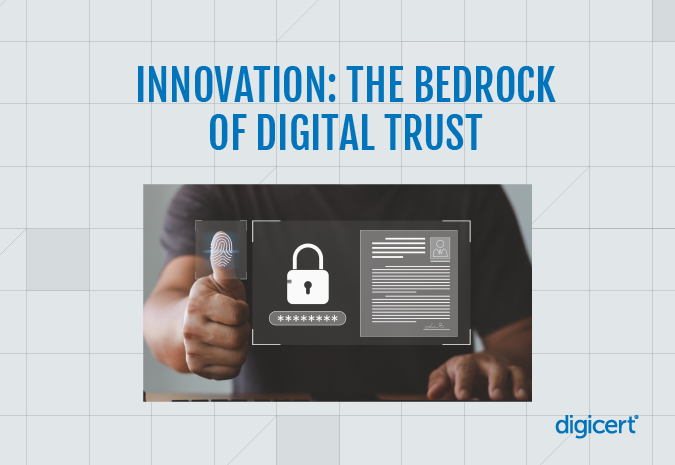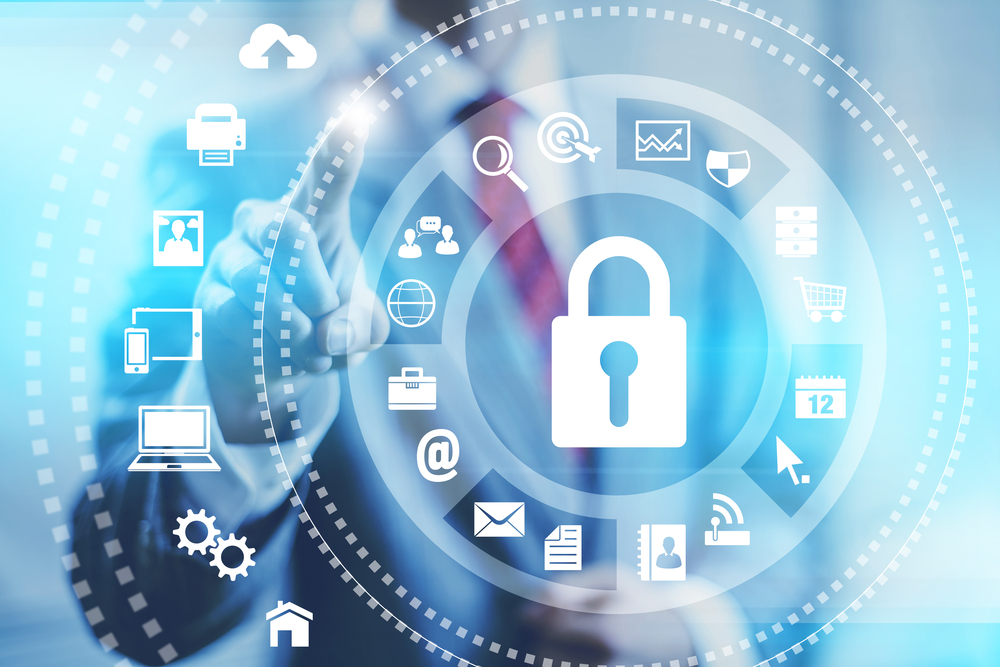
Two-thirds of Americans are planning to travel during summer 2021, according to TripAdvisor. And it’s no wonder: after 2020, many are ready for a well-deserved break. Yet travel is still not back to pre-pandemic procedures. As more and more people are preparing to travel, some locations are requiring proof of vaccination, negative COVID test results or some sort of vaccine passport.
If you’re planning to travel this summer, you have probably heard about the vaccine passports that some countries are using and may be wondering if you’ll need one to take your next vacation. Many travelers are also skeptical of sharing their medical information with a third party, and rightly so. Keeping your digital identity secure with a vaccine passport will be key to a safe implementation.
Vaccine passports around the world
While the end goal would be to have a uniform pass that is accepted anywhere in the world and keep digital identities secured, the reality is that many governments and other entities are trialing their own versions of a vaccine passport. New York State has implemented their Excelsior Pass, which uses blockchain technology in an app to show proof of a vaccine or negative COVID test results. Europe is on track to rollout the EU Digital COVID Certificate across the continent starting in July. In Israel, residents can use a “green pass” as either a digital app or a physical card. China is using WeChat to track their vaccine passports, and even tiny Bermuda has its SafeKey to enable tourism and larger public gatherings. Some commercial efforts, such as the International Air Transport Association TravelPass and the International Chamber of Commerce AOKPass, are tailored to their respective communities’ needs.
At the same time, some U.S. states have already banned requiring digital vaccine passports to access goods and services. The United States does not have plans at this time for a federal vaccine passport, but that doesn’t mean U.S. travelers don’t need to provide proof of vaccination to travel. Some countries are welcoming back tourists, but each has its own requirements for entry.
From physical to digital
The pandemic has heightened digital transformation in nearly every aspect of our lives, from remote work to online shopping, and now digital vaccine passports. Vaccine passports are not a new idea. The World Health Organization has used the Carte Jaune (Yellow Card) since the 1930s as an international standard for proof of vaccination that your primary care physician can sign for you. It’s even still used today for certain vaccines like yellow fever, rubella and cholera. However, the Carte Jaune has always been a physical piece of paper, easy to lose and not impossible to counterfeit.
As such, many of the proposed vaccine passports seek to update the Cart Jaune to a digital version that’s harder to lose and counterfeit. However, going digital also introduces the challenge of protecting your digital identity. There is more risk of stolen data or privacy breaches, and potential problems of accessibility for some people.
Of course, we could continue to use the Carte Jaune to prove vaccination, but it is easier to counterfeit, and travelers are more likely to lose them, which could leave people stranded in another country without permission to travel. The U.S. white vaccination cards have already seen widespread counterfeit activity that a digital vaccine passport could curb.
How to secure vaccine passports with PKI
To make digital vaccine passports effective, they must provide privacy for users and data security. One way to do this is with Public Key Infrastructure (PKI) technology, which can enable digital signatures on the vaccine passport that show which health authority issued it and make the contents tamperproof. This works whether the vaccine passport is printed as a QR code on paper or carried on your smartphone, or as part of an app. The best-designed vaccine passports contain only minimum personal information to identify the holder, and only communicate to validate the PKI-based signature rather than transmit the details of the passport. The best schemes are privacy-conscious, so that showing the immunization status is totally in the control of the holder and should not be used for tracking or aggregation. Different groups, such as the EU and WHO, are working to create international standards for interoperability of different vaccine passport schemes.
Digital vaccine passports are the future
Effective vaccine passports could reassure travelers of their safety and eliminate the need to quarantine upon arrival, making travel more accessible. Currently, individual entities are developing their own solutions, but this creates confusion at the border when different citizens have different types of vaccine passports, ranging from physical to digital.
A streamlined digital vaccine passport would also make travel smoother and quicker, but that could take decades. The global passport system took 50 years to create, and with the added need of privacy and security in digital vaccine passports, it could be some time before a global digital vaccine passport is available, at which point it may simply serve to replace the Carte Jaune.


